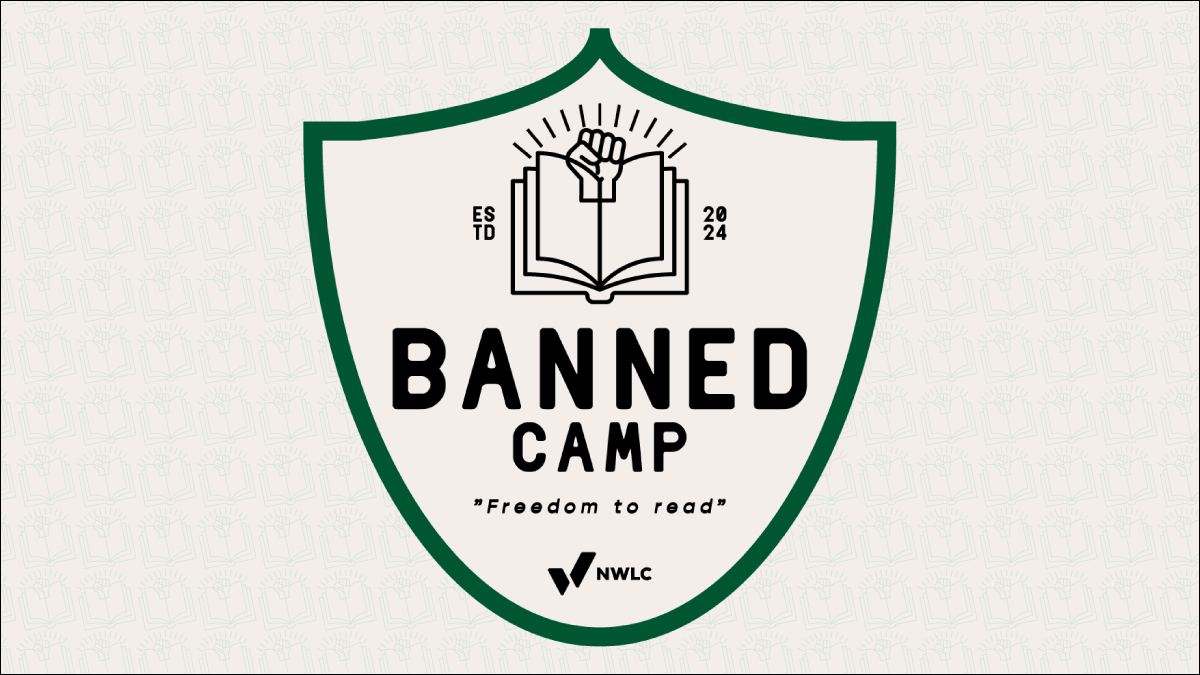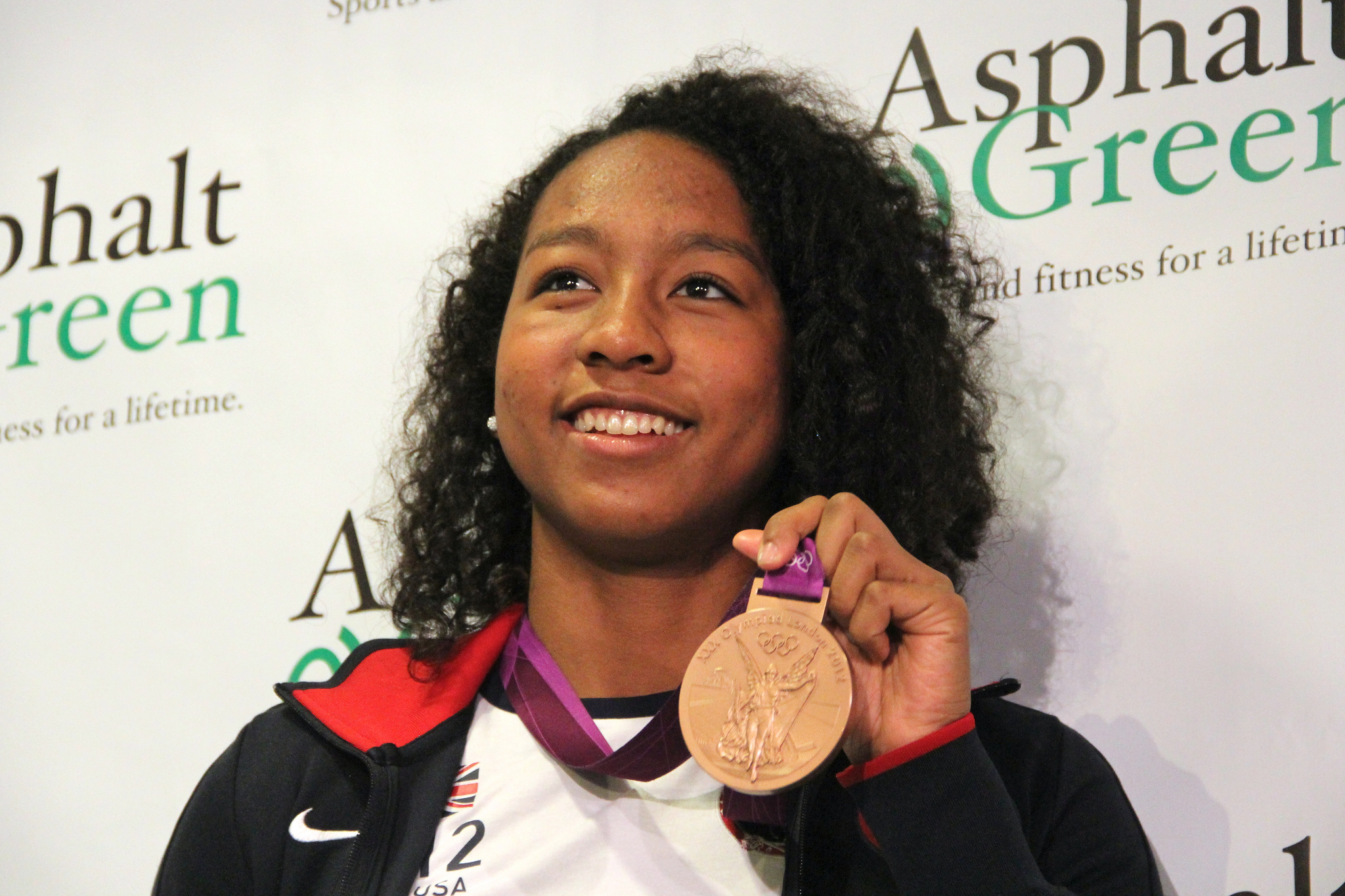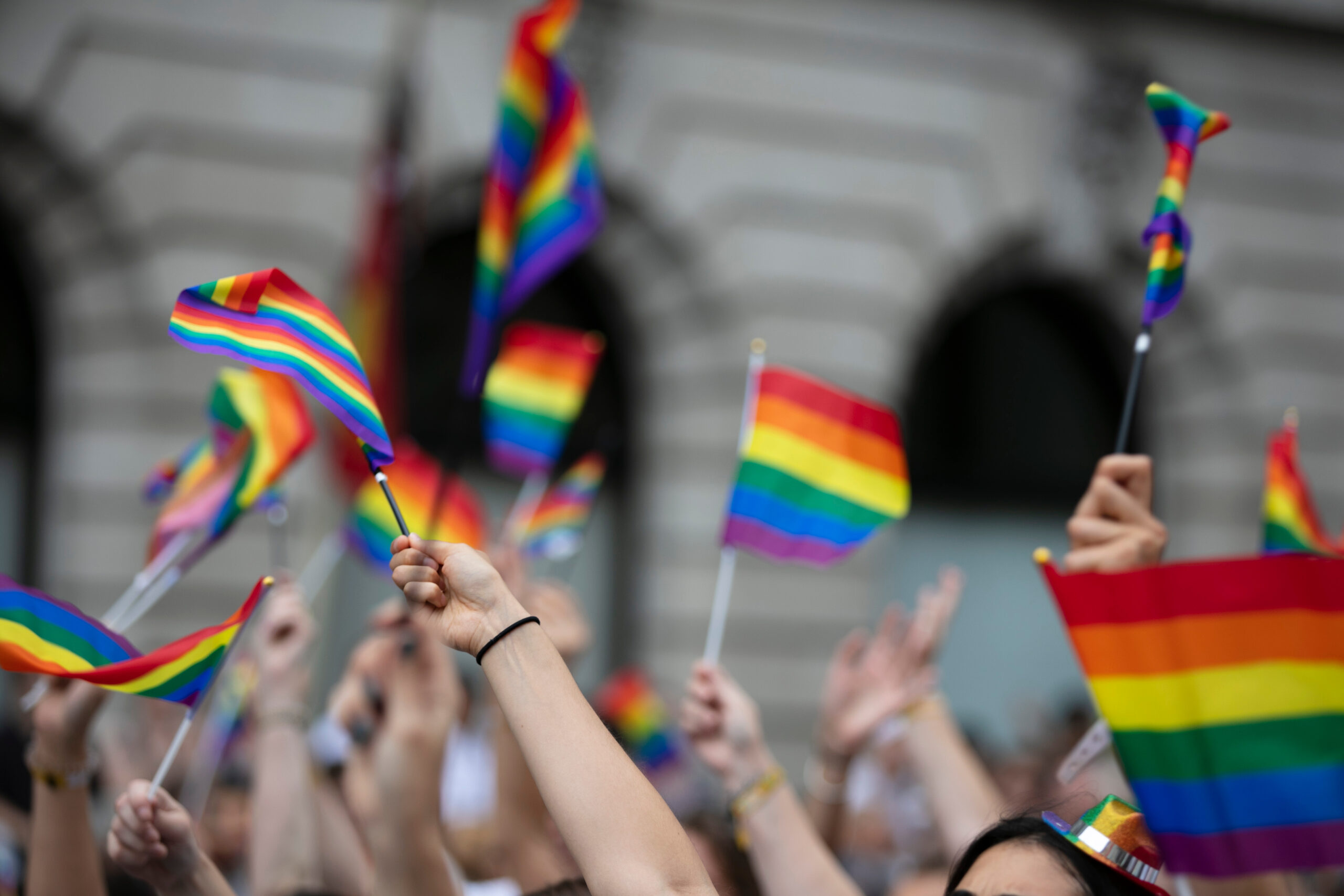Abortion rights, women of color, and LGBTQIA+ people are under attack. Pledge to join us in fighting for gender justice.
The Peril of Book Bans: Targeting Women and People of Color

In the United States, there has always been a struggle to provide equal access to stories and histories of diverse communities. We have slowly been making progress, but a renewed focus on banning books seeks to take us backward. These bans disproportionately target books by and about women, people of color, and LGBTQI+ people. This targeted censorship silences the voices and erases the complex histories and experiences of these communities, sending the message that there is something obscene about bringing visibility to their stories—further normalizing stigma and discrimination against them.
Historically, book bans have been tools of oppression used to maintain the status quo by suppressing dissenting ideas and perspectives. Today, the books most frequently challenged are those that confront societal norms (which are often grounded in white, cis-hetero ideals of how people should look or act) or provide a voice to those who have been historically silenced and marginalized. The works of authors like Maya Angelou, Toni Morrison, and Yaa Gyasi are frequently found on banned book lists—not because they promote harmful ideologies, but because they tell difficult truths about the experiences of people in the United States who have managed to thrive in the face of extreme discrimination and violence.
The danger of book bans extends beyond the immediate silencing of authors and stories. They contribute to a broader cultural amnesia, systematically erasing the histories and experiences of marginalized communities. This erasure not only distorts our understanding of the world, but also perpetuates the marginalization of these communities by denying their stories a place in our collective consciousness.
Moreover, the targeting of books by and about women and people of color sends a chilling message—that their stories are less valuable and less worthy of being told. It reinforces the idea that the dominant narratives—the white, male, cis, heterosexual experience—are the only ones that matter. This undermines the importance of diversity in literature and deprives readers of both crucial representation of their identities and experiences and the opportunity to engage with a wide range of perspectives and experiences.
In a time when we should be encouraging the exploration of diverse voices and stories, book bans do the opposite. They limit our understanding of the world and reinforce harmful stereotypes and prejudices. Instead of banning books, we should be promoting them—especially those that challenge us to think critically about the world we live in and the people in that world with us.
As we consider the impact of these book bans, it is crucial to recognize that the fight against censorship is also a fight to elevate the voices of women, people of color, LGBTQ+ folks, and many other marginalized communities. By fighting back against these bans, we affirm the importance of diverse stories and the power of literature to broaden our understanding of the world and people who are different from us. To ban a book is to silence a voice—and in doing so, we lose the opportunity to learn, grow, and see the world through the eyes of another. In the end, it is not just the books that are at risk, but our collective hope to be and do better.
To highlight our fight against banning books NWLC staff is sharing a list of some of our favorite books and what they have meant to us. We created two lists: one focused on young adult and adult books and another focused on children’s books. This list is just a small snapshot of the books being targeted across the country and we will fight for everyone’s right to read them if they choose.




